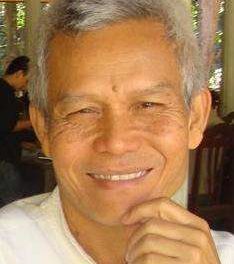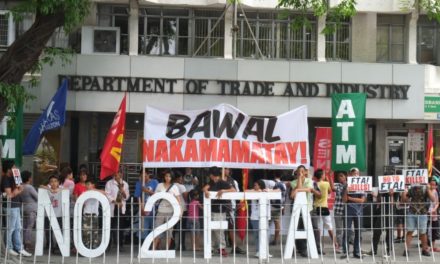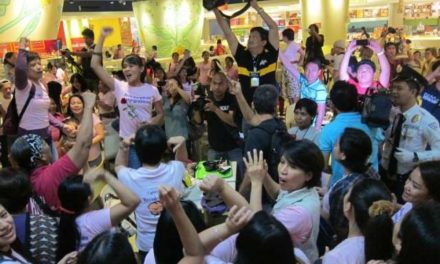BEIRUT, September 18 (IslamOnline.net) – Activists of anti-war and anti-globalization movements from around the world have called for drawing up an international strategy to close ranks of resistance against all forms of occupation and oppression and finding an alternative action against imperialism.Opened here on Friday, September 17, the three-day assembly brings together movements working on the media and grass-root levels with an opportunity to exchange experiences and find alternative solutions in many troubled and war-stricken regions, chiefly in occupied Palestine and Iraq.
The event was held in coordination between the International Working Group – composed of a number of anti-war coalitions, social movements and trade unions – and the Lebanese Welcoming Committee with organizations ranging on Lebanon’s political spectrum from secular to religious.
The assembly opened the same day Lebanese mark the anniversary of Sabra & Shatila massacres in 1982.
Up to 2,000 Palestinians were killed at the massacre, perpetrated by Israel with the help of the Israeli-allied phalangist militia during Israel’s invasion of Lebanon.
In tribute to the victims of Sabra and Shatila, an organized visit and march for the assembly participants was offered to the Shatila camp to send a message of solidarity to Palestinian refugees.
‘Another Superpower’
Salim Vally, representative of the Anti-War Coalition in South Africa, pointed out that there are three main purposes for the meeting.
The first is the exchange of views and experiences over the different challenges facing anti-globalization movements today.
The second is the critical assessment of the strengths and weaknesses of the global movement, and the third is setting out an international strategy of action ratified by all participants as a way to come to a unified form of action.
Valley hoped that with a more powerful global non-governmental movement, “another superpower” would emerge to remain a constant challenge to the US.
America would no longer remain the world’s only superpower, he added, with an evident outpouring of enthusiasm and determination.
Unifying Resistance
To that effect of breaking the monopoly of the United States, the participants agreed the need to act in unison.
Walden Bello, executive director of Focus on the Global South, a Bangkok-based research organization in Thailand, stressed that all authorized forms of resistance should be brought together under the same umbrella, regardless of creed.
One of the leading welcoming organizations in the meeting is Hizbullah, present as an example of successful, targeted and organized resistance.
Ali Fayyad, member of the Hizbullah Central Council and chairman of the Academic Center for Documentation, stressed that Islam’s message is one of unity and collaboration, not division.
Israel pulled all its troops out of most Southern Lebanon on May 24, 2000, ending a 22-year military occupation after the Hizbullah fighters have put on a fierce resistance.
But the group vows more resistance as Israeli forces still keep occupation of the strategic Shebaa Farms in the south, let alone continued raids on the south despite the withdrawal.
A distinguishing feature of the meeting is the strong Muslim presence among participants, with activist organizations coming from many parts of the Middle East, Asia and Africa.
The assembly is likely to witness more positive and exuberant contribution from Muslim organizations, usually less prominent on the global arena.
John Rees, member of the British Anti-War Coalition, for one, emphasized the strong need for Muslim contribution to the movement’s activities.
In an interview with IslamOnline.net in May 2003, Rees have called for more global efforts to push for an end to the US-led occupation of Iraq.







![[IN PHOTOS] In Defense of Human Rights and Dignity Movement (iDEFEND) Mobilization on the fourth State of the Nation Address (SONA) of Ferdinand Marcos, Jr.](https://focusweb.org/wp-content/uploads/2025/07/1-150x150.jpg)

